I would put a pretty chunk of change that the core hackaday audience REALLY likes the integrated circuit. Who could blame them. In the half century since its invention, billions of people have had drastic improvements in their standards of living since its invention. Thanks to the IC, large swaths of humanity have gained things that the generations before couldn't dream of, like:
- cheap, ubiquitous communications networks
- information processing at orders of magnitudes that in 50 years have dwarfed the capabilities of the previous 10,000 years combined
- access to revolutionary new methods of manufacturing
- way too many more to count
This all being said, there is one aspect of the integrated circuit that has proved to be problematic throughout the life of this technology that will only amplify as we attempt to bridge the digital divide. Integrated Circuits rely upon very large scale integration (VLSI) techniques in their manufacture, and historically, such equipment has been extremely expensive, with standard foundries costing in the range of billions of dollars, and getting more and more expensive with each new technological leap in transistor technology. It puts politically connected, profit seeking corporations in charge of what sorts of devices can be made, and as we've seen in the past few years with threats of backdoors and blackout buttons that cause us to loose control of our devices, this is terrible for everyone, especially the maker community.
But is there a solution? Is there a way we can regain control of the way our devices are made?
I would hope so, which is why I hope to develop a modular desktop photolithography device. As people like Jeri Ellsworth have shown, the main obstacle when it comes to making integrated circuits, the most difficult aspect for a DIY process is patterning. In her experiment, patterning was done by hand, resulting in feature sizes measured in millimeters. There has been some research done in using off-the-shelf components such as microscopes and projectors to attain far more reasonable resolution, albeit low compared to the standards of modern processors (minimum feature sizes in the range of 10 micrometers).
My goal is to design a device that can pattern silicon wafers with minimum feature sizes of 2 micrometers that has a form factor that makes it convenient for use in both the home and maker spaces. The first circuits to be made with this device will probably only have a few dozen transistors (maybe even 100 if I'm ambitious), but I feel fully confident that this device would be able to fabricate microprocessors with capabilities ranging somewhere between the MOS 6502 and the Intel 8086, given time and learning experience.
In addition to this, the device should be modular, allowing it's components to be used in other devices if need be (i.e. The patterning stage could be used in an SLA printer, and the magnification stage could be used as a traditional microscope).
 Vault Girl
Vault Girl
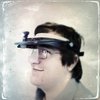

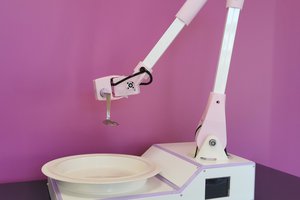
 Julien OUDIN
Julien OUDIN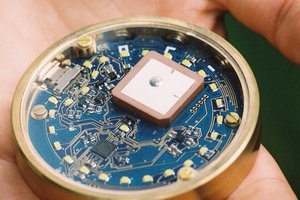
 Antoine Pintout
Antoine Pintout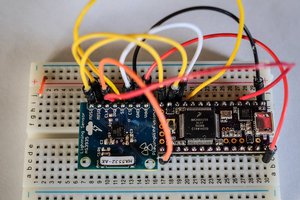
 brian bloom
brian bloom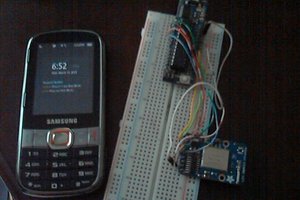
 Casual Cyborg
Casual Cyborg
Think I coild help a bit.....